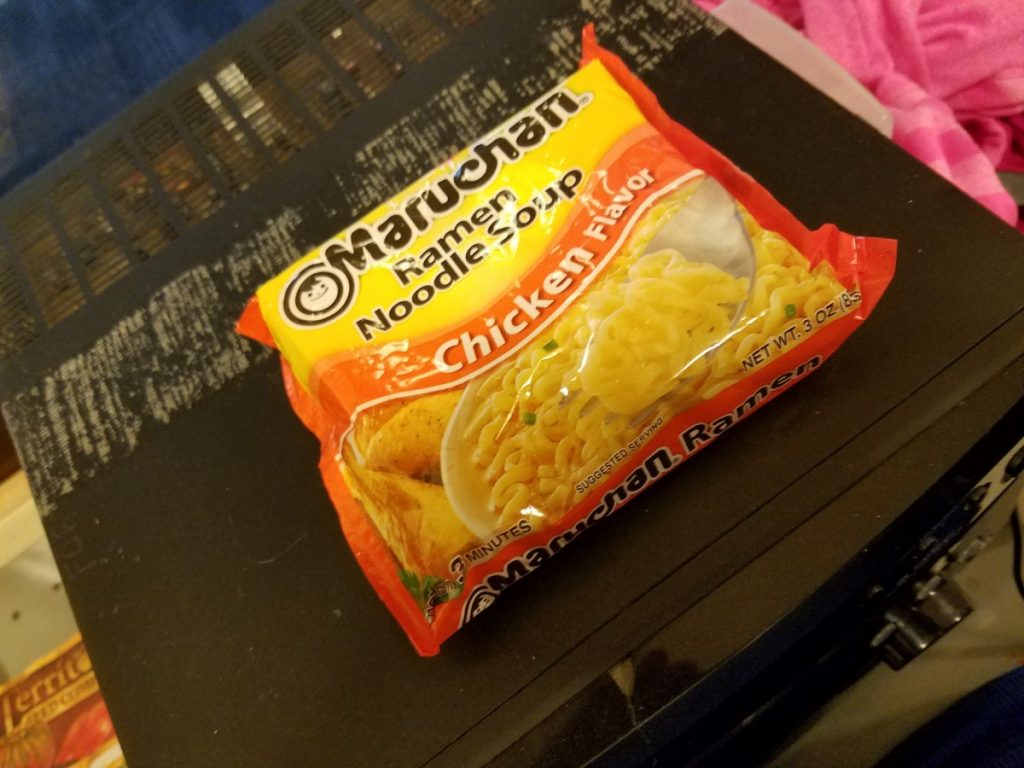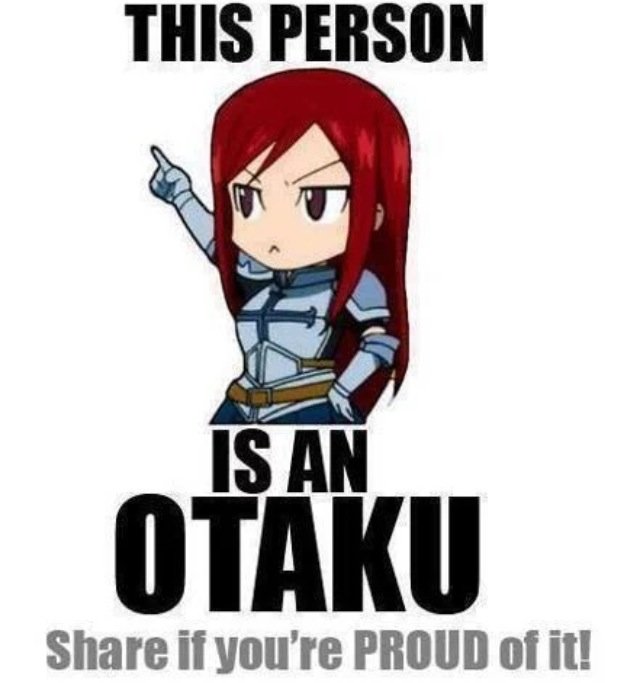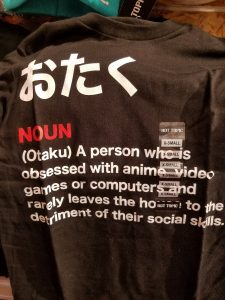
Some free Ramen I found, though the location was questionable.
So, I already have plenty of sources and depth on the subject of my project, but I want to add more. I just don’t know if what I want to add is necessary and relevant or I just want to add it because it’s relevant and I like it.
So the question isn’t does or does it not have a place and function if I had all the time in the world to write this, but because I have limited time, I’m at the does this need to be edited out, something else added in, I forgot this or this whole bit needs to be scraped.
Somethings I want to include are LGBTQIA+ in anime, mainly due to the popularity and positive reception of “Yuri on Ice” and it being a potential landmark/gateway in anime when it come to LGBTQIA+ content and addressing emotional health issues, like anxiety, in an accurate, non-stigmatizing light. It also was not based on a light novel or manga as well.
I also want to address interest in Japanese culture outside of the otaku subculture lens through the YouTube channel Abroad in Japan, whose host is a British English as a second langauge or ESL teacher living in Japan (and misses decent cheese). Mostly I really like that this channel crosses over my love of dry British humour (yes the “u” is there on purpose, I couldn’t resist) and Japanese culture in general.



